Related Articles
00 / 00
New Inpatient Visitor Check-In Process Effective March 10. Learn more here.

Request an Appointment
Professor, Department of Urology
Associate Director, Urologic Oncology Fellowship Program
Associate Chief Academic Officer
Bladder Cancer, Prostate Cancer, Urethral Cancer, Adrenal Tumor, Penile Cancer, Ureteral Cancer, Kidney Cancer, Testicular Cancer
Urinary Diversions, Minimally Invasive Surgical Techniques - Laparoscopic, Robotic Surgery, Robotic Surgery and Urologic cancer ablation therapy (cryosurgery or HIFU)
I am a urologic oncologist specializing in surgical treatment of cancers of the genitourinary tract. I have extensive experience with laparoscopic and minimally invasive surgical techniques and apply these approaches routinely to reduce the pain, recovery time, and complications associated with traditional open surgery.
I am skilled in nerve-sparing and organ-reconstructive surgery essential for preserving normal functions when treating prostate, testis, bladder and kidney cancer. I am sensitive to the particular issues regarding the diagnosis of genitourinary cancer and its subsequent treatment, including its physical and emotional effects on the patient and their family and support system.
I recognize each person is unique and requires a treatment individually tailored to them to achieve successful cancer treatment, limited treatment-related side effects and maintained quality of life.
MD, Weill Cornell Medical Center, Cornell University, New York, NY, 1997
Correa AF, Handorf E, Joshi SS, Geynisman DM, Kutikov A, Chen DY, Uzzo RG, Viterbo R, Greenberg RE, Smaldone MC. Differences in Survival Associated with Performance of Lymph Node Dissection in Patients with Invasive Penile Cancer: Results from the National Cancer Database. J Urol, 199(5):1238-44, 2018. PubMed
Martin JM, Handorf EA, Price RA, Cherian G, Buyyounouski MK, et al. Medical dosimetry : official journal of the American Association of Medical Dosimetrists. 2015; 40(3):186-9. NIHMSID: NIHMS656177 PubMed
Hypoalbuminaemia is associated with mortality in patients undergoing cytoreductive nephrectomy. Corcoran AT, Kaffenberger SD, Clark PE, Walton J, Handorf E, et al. BJU international. 2015; 116(3):351-7. PubMed
The following ratings and reviews are based on verified feedback collected from independently administered patient experience surveys. The ratings and comments submitted by patients reflect their own views and opinions. Patient identities are withheld to ensure confidentiality and privacy. Learn more about our Patient Experience Ratings.







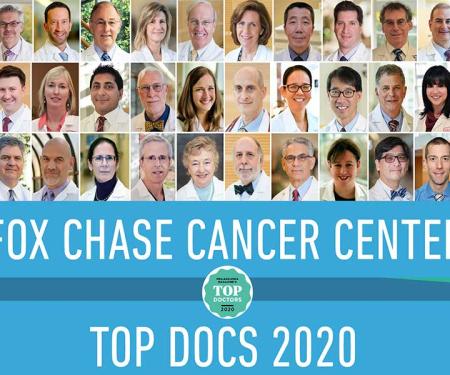



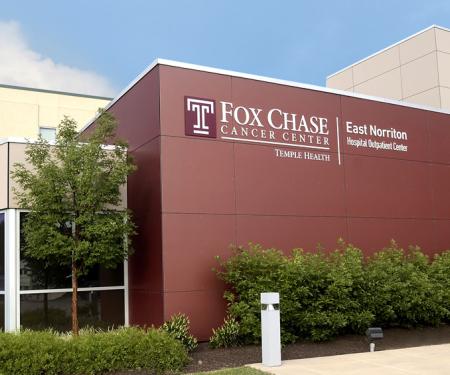

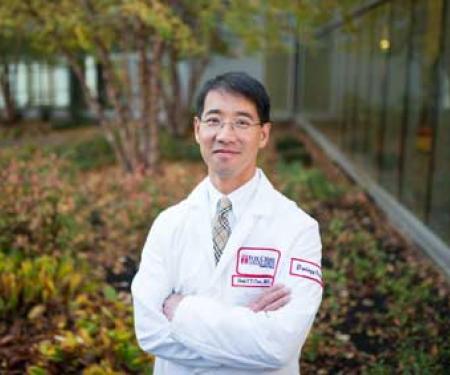


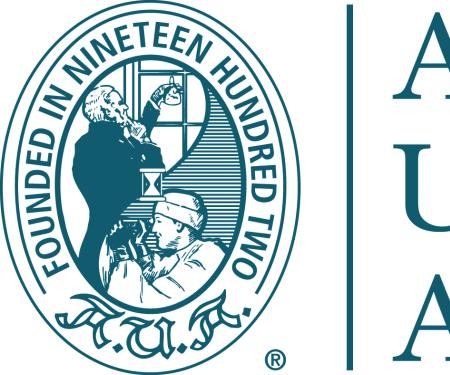

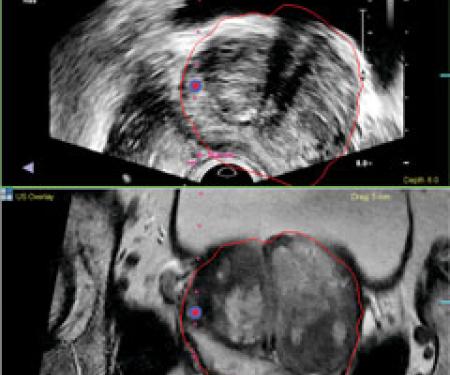
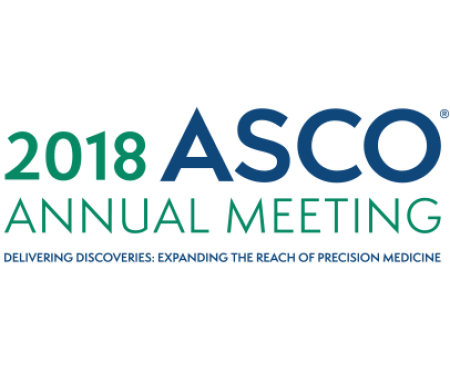

Patient comments